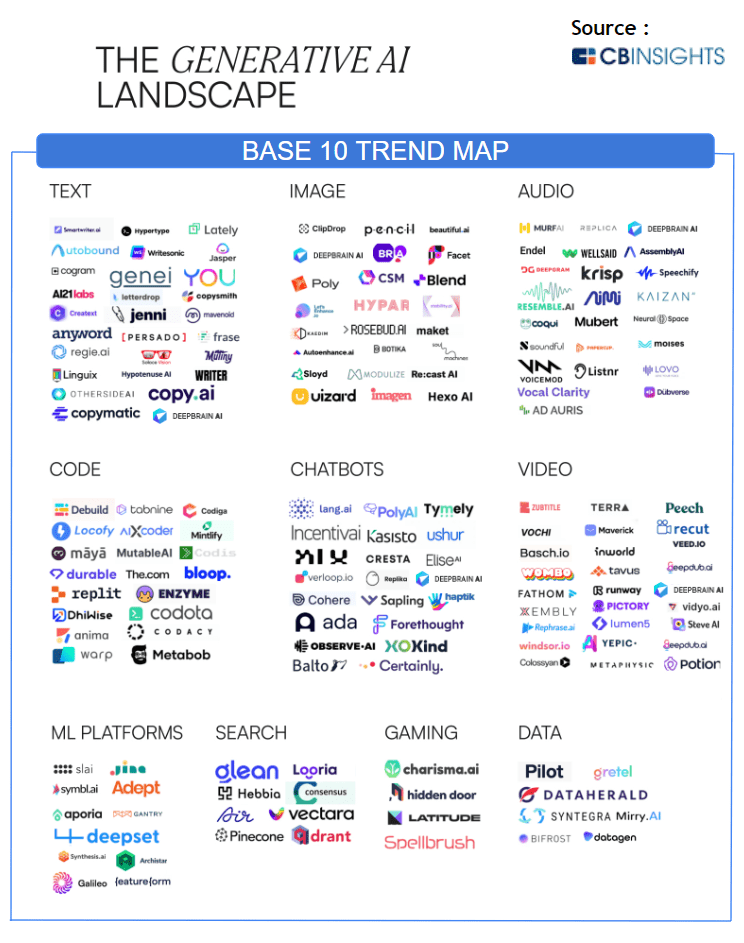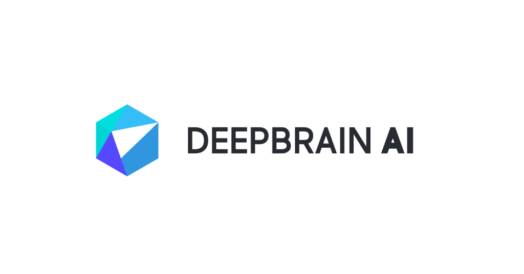In today’s rapidly evolving world, technology and digital skills have become increasingly important. From our personal lives to professional endeavors, technology plays a crucial role in shaping our experiences and opportunities.
In this article, we will explore the significance of technology and digital skills, focusing on programming, artificial intelligence (AI), data science, web development, and cybersecurity.
Programming
Programming is the process of creating instructions for computers to perform specific tasks. It enables us to develop software, build applications, automate processes, and solve complex problems efficiently.
Programming skills are highly valued in various industries, as they empower individuals to bring their ideas to life and contribute to technological advancements.
Popular Programming Languages
There are a multitude of programming languages, each with its own strengths and application areas. Some popular languages include Python, JavaScript, Java, C++, and Ruby.
These languages cater to different purposes, such as web development, data analysis, mobile app development, and game development.
Resources for Learning Programming
Websites like Codecademy, Coursera, Udemy, and edX offer comprehensive courses and resources for beginners and advanced learners alike.
Additionally, books, online forums, and coding communities provide opportunities for collaboration and learning from experienced programmers.

AI
Artificial Intelligence refers to the development of intelligent machines capable of performing tasks that typically require human intelligence.
AI plays a significant role in various fields, including healthcare, finance, transportation, and entertainment. It enables automation, data analysis, predictive modeling, natural language processing, and computer vision.
Applications of AI
AI has applications in healthcare, finance, and transportation. It is used for disease diagnosis, investment strategies, traffic flow optimization, and more. The potential of AI is vast and growing.
Resources for Learning AI
To learn AI, individuals can explore online courses offered by platforms like Coursera, edX, and Udacity. These courses cover machine learning, deep learning, neural networks, and natural language processing. Additionally, open-source libraries like TensorFlow and PyTorch provide practical tools for implementing AI models and algorithms.
Data Science
Data Science involves extracting insights and knowledge from large and complex datasets. It combines statistical analysis, machine learning, and domain expertise to uncover patterns, make predictions, and support decision-making.
Data science has transformed industries by enabling data-driven strategies, personalized recommendations, fraud detection, and optimizing operations.
Applications of Data Science
Data science has widespread applications across sectors. In marketing, it helps understand consumer behavior and optimize advertising campaigns.
In healthcare, it aids in disease prediction and patient monitoring. In finance, it assists in risk assessment and fraud detection. The demand for data scientists continues to rise as organizations strive to leverage data for strategic advantages.
Resources for Learning Data Science
Aspiring data scientists can access online courses like those offered by Coursera, edX, and DataCamp. These courses cover data analysis, machine learning, visualization, and statistical modeling.
Tools like Python and R and libraries like Pandas and Scikit-learn are commonly used in data science and have extensive documentation and community support.
Web Development
Web Development involves designing and building websites and web applications. It encompasses front-end development (user interface and user experience design) and back-end development (server-side logic and database integration).
Web development skills are essential for creating an online presence, e-commerce platforms, and interactive web experiences.
Popular Web Development Languages
Several programming languages are commonly used in web development. HTML, CSS, and JavaScript form the foundation of web development.
Additionally, frameworks and libraries like React, Angular, and Vue.js simplify the development process and enhance functionality.
Resources for Learning Web Development
Numerous online resources cater to individuals interested in learning web development. Websites like FreeCodeCamp, MDN Web Docs, and W3Schools provide tutorials, projects, and documentation to learn web development from scratch. Online coding boot camps and university courses are also available for comprehensive training.

Cybersecurity
Cybersecurity protects computer systems, networks, and data from unauthorized access, breaches, and malicious activities.
In an increasingly digital world, cybersecurity is paramount to safeguarding personal privacy, sensitive information, and critical infrastructure.
Types of Cybersecurity Threats
Cybersecurity threats come in various forms, including malware, phishing attacks, ransomware, social engineering, and network vulnerabilities.
Understanding these threats and implementing appropriate security measures is crucial to mitigate risks and protect digital assets.
Resources for Learning Cybersecurity
Individuals can access online courses and certifications offered by organizations like CompTIA, Cisco, and SANS Institute to learn about cybersecurity.
These programs cover network security, ethical hacking, cryptography, and security policy implementation. Additionally, cybersecurity-focused communities, forums, and blogs provide valuable insights and resources.
Conclusion,
In conclusion, technology and digital skills have become indispensable in our modern world. Programming, artificial intelligence, data science, web development, and cybersecurity are key areas that offer immense opportunities for personal and professional growth.
By acquiring these skills and staying updated with the latest advancements, individuals can contribute to innovation, solve complex problems, and thrive in the digital age.
Therefore, I encourage everyone to embrace learning and enhance their technology and digital skills to unlock their full potential in an ever-evolving world.

Achieving digital success is within reach! By mastering Programming, AI, Data Science, Web Development, and Cybersecurity, you can unlock the key to your future. These critical skills are essential for anyone looking to succeed in the ever-evolving digital world.
With hard work and dedication, you can become a master in these areas and pave the way for a successful career. So what are you waiting for? Start your journey to digital success today!
- What are the most effective ways to learn programming, AI, data science, web development, and cybersecurity?
- Are there any specific prerequisites required to learn these skills?
- How can individuals apply their knowledge in these fields to real-world problems?
The most effective ways to learn programming, AI, data science, web development, and cybersecurity can vary based on individual learning styles and preferences.
However, here are some general strategies that can be helpful:
1. Online Courses and Tutorials: Online platforms like Coursera, edX, Udemy, and Codecademy offer a wide range of courses specifically designed for learning these skills.
These courses often include video lectures, interactive coding exercises, and projects to apply the concepts learned.
2. Practice and Hands-On Projects: Building practical projects is essential for solidifying your understanding and gaining real-world experience.
Start with small projects and gradually tackle more complex ones. Join coding communities or open-source projects to collaborate and learn from others.
3. Books and Documentation: Books can provide in-depth explanations and insights into programming languages, algorithms, and concepts.
For each field, there are recommended books that cover fundamental principles and advanced topics.
The documentation provided by programming languages, libraries, and frameworks is also valuable for reference and understanding specific features.
4. Coding Bootcamps and Workshops: Intensive coding boot camps offer immersive learning experiences and often focus on specific skills like web development or data science.
Workshops and coding meetups provide opportunities for hands-on practice and networking with fellow learners and professionals.
5. Online Coding Challenges and Competitive Programming: Platforms like HackerRank, LeetCode, and Kaggle host coding challenges and competitions that allow you to solve problems and improve your coding skills. These platforms often provide solutions and discussions, enabling you to learn from others.
6. Mentorship and Community Engagement: Engaging with experienced professionals in the field through mentorship programs or networking events can provide guidance and insights into real-world applications. Participating in online coding communities, forums, and social media groups allows you to learn from others, ask questions, and receive feedback on your work.
Prerequisites for learning these skills can vary, but a strong foundation in mathematics, logical thinking, and problem-solving is generally beneficial. Basic knowledge of computer systems, algorithms, and data structures is also helpful.
To apply knowledge in these fields to real-world problems, individuals can:
1. Identify real-world challenges that can be addressed or improved through the application of programming, AI, data science, web development, or cybersecurity.
2. Analyze the problem and determine the most suitable techniques and tools to tackle it.
This may involve selecting appropriate algorithms, programming languages, frameworks, or security measures.
3. Develop a solution or model using the chosen skills and tools. This could involve writing code, implementing machine learning algorithms, building a web application, or designing a secure system.
4. Test and iterate on the solution, considering factors such as performance, scalability, user experience, or security vulnerabilities.
5. Deploy the solution in a real-world setting, monitor its performance, and gather feedback to further refine and improve it.
It’s important to stay up to date with the latest advancements and industry trends by following blogs, attending conferences, and participating in continuous learning.
Keeping an eye on real-world applications and case studies can provide inspiration and help individuals understand how their skills can be used to solve practical problems.
Thanks for reading!
Kevin